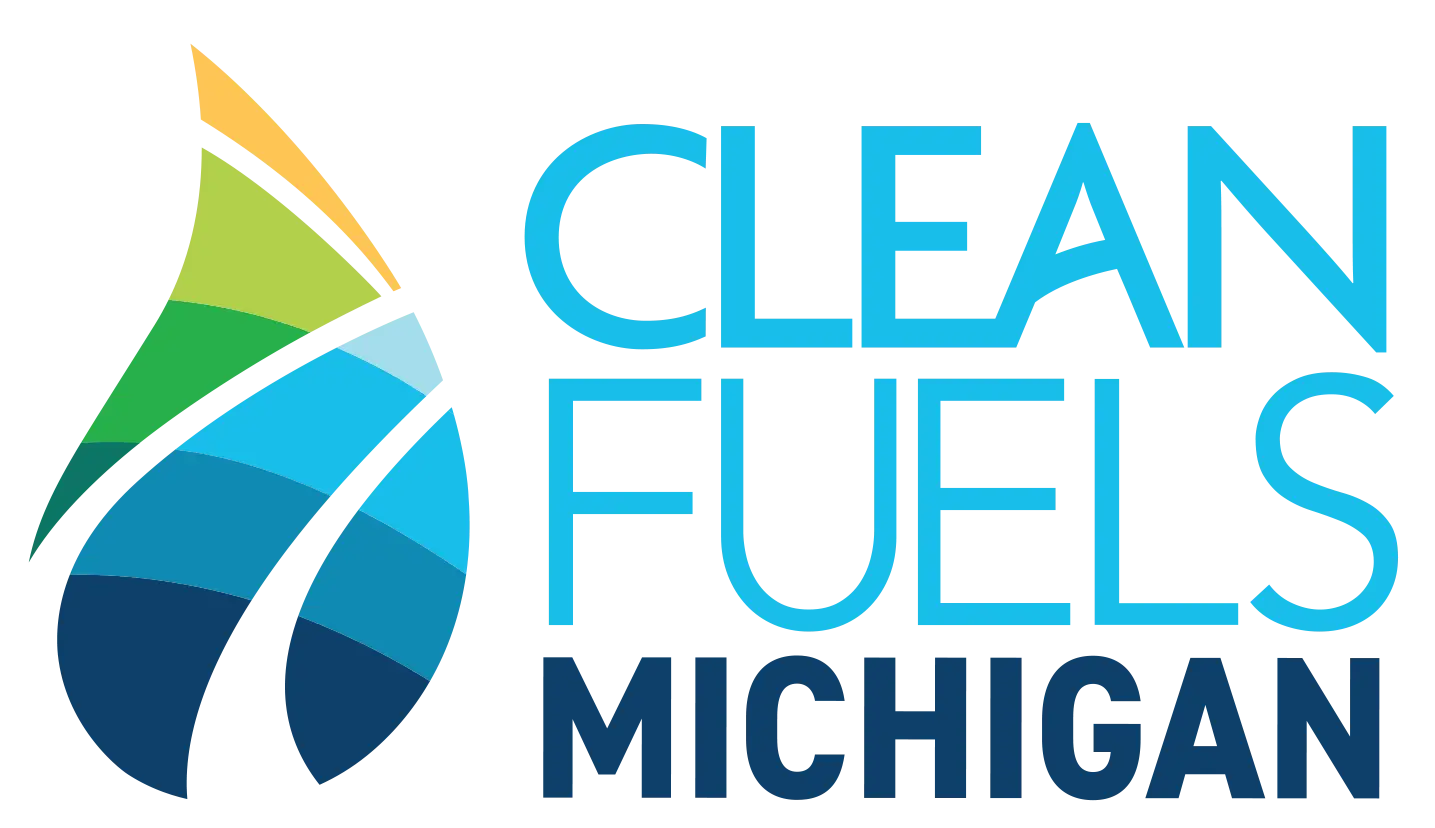Clean school buses are a win-win-win; they are good for students’ health and wellbeing, save districts money, and support the transition to a clean energy economy. A bill (SB 63) that would allow sinking funds to be used for school transportation purposes was reported from the Senate Energy Committee this week. If passed, the bill would create another financing option for pupil transportation providers to convert to cleaner school buses.
Benefits of Clean School Buses
Clean school buses offer a cleaner and healthier ride to school for Michigan’s youth. Electric school buses reduce emissions by 95%. Propane autogas-fueled buses are 75% cleaner than federal emission standards and reduce nitrogen oxide emissions by 96%. Adopting cleaner technologies mean our children will breathe cleaner air on their ride to and from school.
Not only do clean school buses produce fewer harmful emissions, they also are better for school districts through fuel and maintenance savings. For example, electric school buses have no oil or engine air filters to change and there is no need for transmission maintenance. The cost of fuel for electric vehicles is also significantly lower than diesel. For example, the average Thomas Built Bus Saf-T-Liner C2 diesel school bus will cost approximately $4,328.70 to fuel for the year, according to 2019 data. In comparison, Blue Bird electric school buses have annual estimated charging costs of only $1,836.00 – a savings of $2,492 per school bus per year. Similarly, propane autogas-fueled buses have financial benefits. Propane autogas costs about half of the price of diesel, so fuel costs for districts would be drastically reduced.
The Role of Sinking Funds
Several Michigan school districts have incorporated electric and alternative fuel school buses into their fleets with the help of federal grants. However, not all school districts can realize all the benefits mentioned above because of the higher initial costs for the clean school buses. Because this technology is newer, it has not yet met cost parity with the traditional diesel school buses. Creative financing models are necessary to allow more communities to access the myriad of benefits that cleaner school buses afford.
A sinking fund is a savings account created by a local millage. Sinking funds allow local school districts to pay cash for projects or repairs rather than having to borrow money in the form of notes or bonds. The eligible uses of sinking funds are restricted in Michigan, only allowing districts to use the funds for construction, renovations, or repair of buildings.
Senate Bill 68 would widen the eligible uses of sinking funds, allowing them to be used for school transportation purposes, among other things. Clean Fuels Michigan is thrilled to support this legislation because it would create another opportunity for districts to convert to cleaner buses. We are dedicated to educating Michigan’s legislators and encouraging them to adopt policies that support cleaner technologies for the benefit of children who ride the school buses, school districts, and Michigan based manufacturing. We are confident that allowing sinking funds to be used for school buses is a beneficial policy for all Michiganders.
